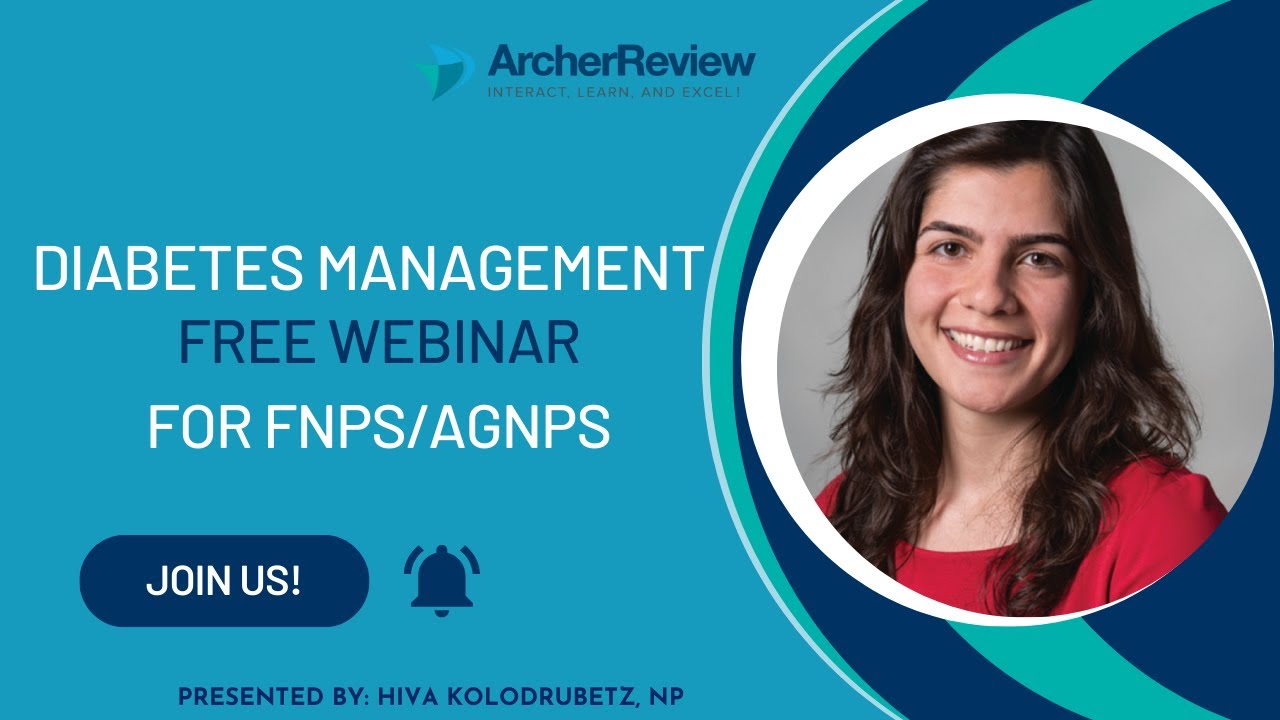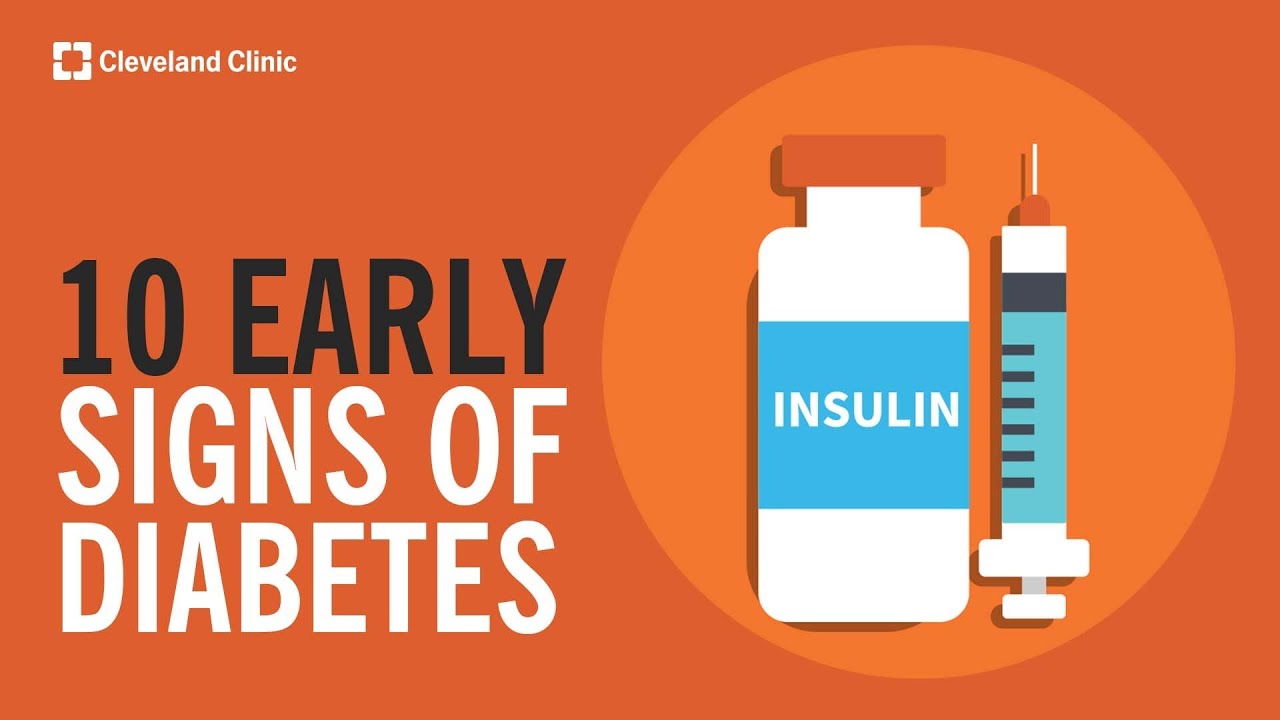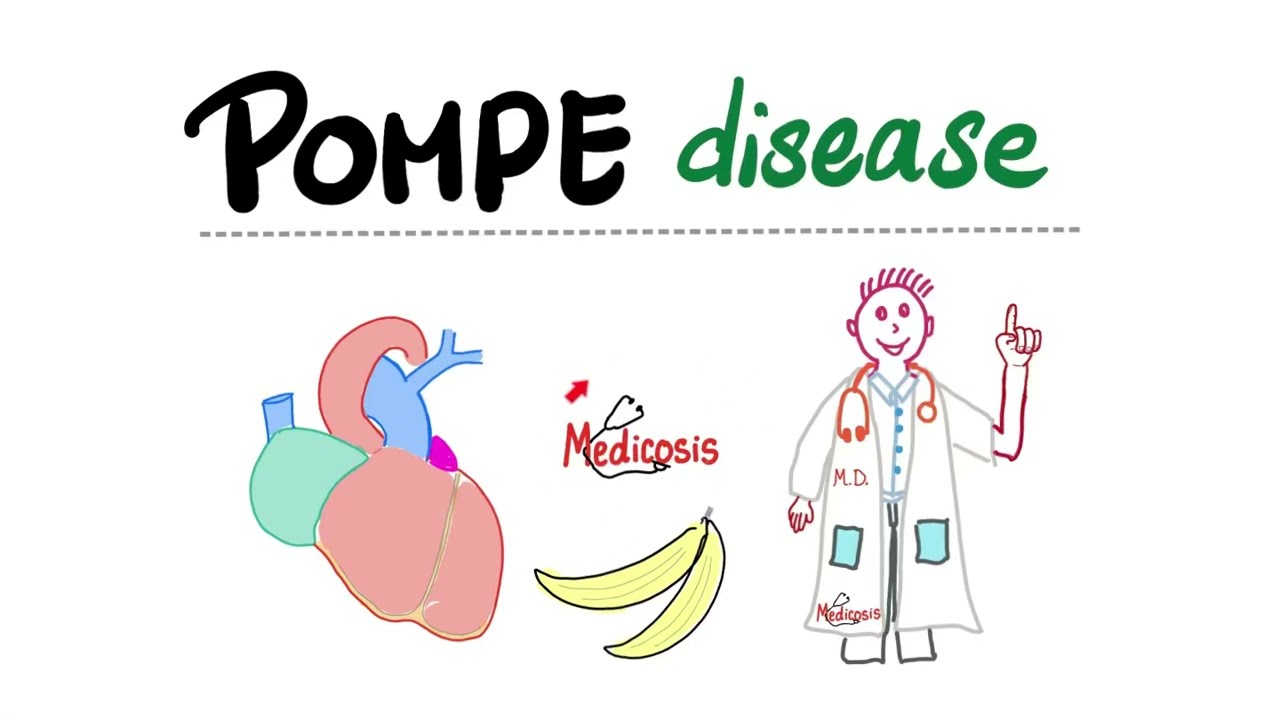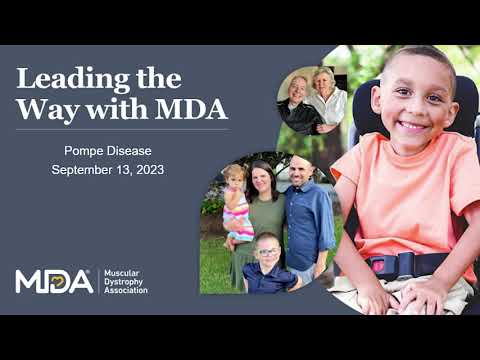The Diabetes Channel
March 22, 2012 • Diabetes, Endocrinology, Family Medicine, Nurses/NP/PA, Reuters Health • The Doctor's Channel Newscast
NEW YORK (Reuters Health) – In patients with type 2 diabetes whose glucose levels are inadequately controlled on high doses of insulin, the addition of dapagliflozin improves HbA1c and produces sustained weight loss, according to study findings reported in the Annals of Internal Medicine for March 20.
“However, increased rates of minor hypoglycemia were noted,” the authors comment.
Dr. John P. H. Wilding, at University Hospital Aintree in Liverpool, UK, and colleagues explain that dapagliflozin is a selective inhibitor of sodium-glucose cotransporter 2 that increases urinary glucose excretion. The team conducted a 24-week placebo controlled trial to evaluate the efficacy and safety of adding dapagliflozin to treatment of patients with type 2 diabetes whose blood glucose levels remained high despite receiving at least 30 U insulin daily.
The 808 participants were randomly assigned to receive placebo or 2.5, 5, or 10 mg of dapagliflozin, once daily. After 24 weeks, mean HbA1c levels decreased by up to 0.96% in the dapagliflozin groups compared with a drop of 0.39% in the placebo group.
Specifically, the difference in change in HbA1c between placebo and 2.5, 5, and 10 mg/d dapagliflozin were -0.40%, -0.49%, and 0.57%, respectively, the report indicates.
Body weight decreased with dapagliflozin and increased with placebo, with respective differences in weight changes in the three dapagliflozin groups of -1.35 kg, -1.42 kg, and -2.04 kg compared to placebo.
Also, the average daily insulin dose decreased by 0.63 to 1.95 U with dapagliflozin but increased by 5.65 U with placebo.
After an additional 24-week extension to the trial, the investigators found that these effects were maintained at 48 weeks.
On the downside, the rate of hypoglycemic episodes was 56.6% in the pooled dapagliflozin groups compared with 51.8% in the placebo arm, according to the report.
Also, corresponding rates of likely urinary tract infection were 9.7% versus 5.1%, probably related to increased glucosuria with dapagliflozin treatment. “It is reassuring to note that these events responded to conventional management and rarely led to study withdrawals,” Dr. Wilding and colleagues comment.
They conclude, “These data suggest that dapagliflozin may offer a new treatment option for patients receiving insulin therapy whose type 2 diabetes remains inadequately controlled.”
In January, the US Food and Drug Administration notified AstraZeneca and Bristol-Myers Squibb that additional data on dapagliflozin are needed before it can be approved. At the time the makers said they remained committed to the development of the drug. (See Reuters Health report “U.S. rebuffs AstraZeneca, Bristol on diabetes drug” on January 19, 2012.)
The current report also indicates that a further 52-week extension of the trial is ongoing.
SOURCE:
Ann Intern Med 2012; 156:405-415.








